 W
W"The Boyne Water" is an Ulster Protestant folksong by an anonymous lyricist. The lyrics of the song commemorate King William III of Orange's victory over James II at the Battle of the Boyne in 1690, part of the Williamite War in Ireland.
 W
W"The Butcher’s Boy" or "The Butcher Boy" is an American folk song derived from traditional English ballads. Folklorists of the early 20th century considered it to be a conglomeration of several English broadside ballads, tracing its stanzas to "Sheffield Park", "The Squire's Daughter", "A Brisk Young Soldier", "A Brisk Young Sailor" and "Sweet William ".
 W
W"Cherry Wine" is a song recorded by Irish singer-songwriter Hozier for his eponymous debut studio album, Hozier (2014). The song was released on 12 February 2016 as the seventh and final single from the album, with proceeds from downloads benefitting anti-domestic violence charities. It is a folk and indie folk song written by Hozier, whose lyrics describe the trappings of an abusive relationship while simultaneously retaining fondness for his partner. The song received acclaim from music critics, who praised its lyrics and sound. Commercially, the song peaked at number 32 on the US Hot Rock & Alternative Songs chart. The accompanying music video premiered on Valentine's Day, and was directed by Dearbhla Walsh and stars Saoirse Ronan as a domestic violence victim.
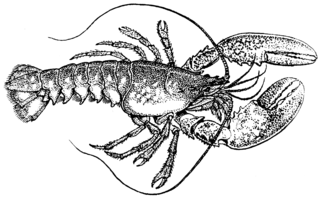 W
W"The Crabfish" is a ribald humorous folk song of the English oral tradition. It dates back to the seventeenth century, appearing in Bishop Percy's Folio Manuscript as a song named "The Sea Crabb" based on an earlier tale. The moral of the story is that one should look in the chamber pot before using it.
 W
WThe "Creggan White Hare" is an Irish folk song written by James Molloy. It was first recorded by Paddy Tunney in 1944.
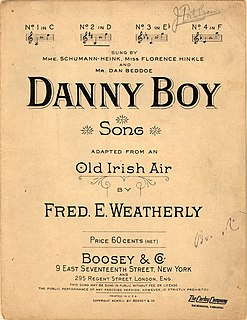 W
W"Danny Boy" is a ballad, written by English songwriter Frederic Weatherly in 1913, and set to the traditional Irish melody of "Londonderry Air".
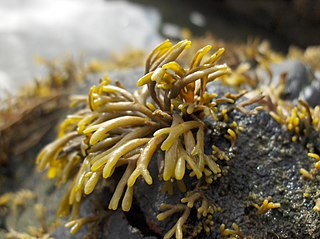 W
W"Dúlamán" is an Irish folk song.
 W
W"Kathleen Mavourneen" is a song written in 1837, composed by Frederick Crouch with lyrics by a Mrs. Crawford. Crawford's name is variously cited as Annie, Julia, Louise Macartney, Louise Matilda Jane, or Marion; Crouch is also sometimes incorrectly cited as the author of the song's lyrics. It was popular during the American Civil War. "Mavourneen" is a term of endearment derived from the Irish Gaelic mo mhuirnín, meaning "my beloved".
 W
WMcAlpine's Fusiliers is an Irish ballad set to a traditional air, popularised in the early 1960s by Dominic Behan.
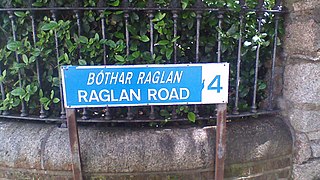 W
W"On Raglan Road" is a well-known Irish song from a poem written by Irish poet Patrick Kavanagh named after Raglan Road in Ballsbridge, Dublin. In the poem, the speaker recalls a love affair that he had with a young woman while walking on a "quiet street". Although the speaker knew that he would risk being hurt if he initiated a relationship, he did so anyway.
 W
W"The Rakes of Mallow" is a traditional Irish song and polka. The song is about the rakes from the town of Mallow, a town in County Cork. The song was written about the Creagh family who came from Doneraile, seven miles away. It is similar to the tune of The Rigs of Marlow, from which it may have been adapted.
 W
W"The Rising of the Moon" is an Irish ballad recounting a battle between the United Irishmen, led by Theobald Wolfe Tone and the British Army during the Irish Rebellion of 1798.
 W
W"Róisín Dubh", written in the 16th century, is one of Ireland's most famous political songs. It is based on an older love-lyric which referred to the poet's beloved rather than, as here, being a metaphor for Ireland. The intimate tone of the original carries over into the political song. It is often attributed to Antoine Ó Raifteiri, but almost certainly predates him.
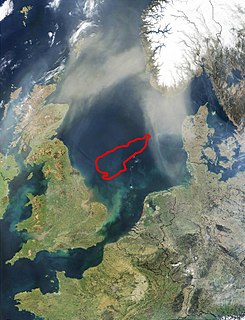 W
WDogger Bank is a large sandbank in a shallow area of the North Sea about 100 kilometres (62 mi) off the east coast of England.
 W
W"Seven Drunken Nights" is a humorous Irish folk song most famously performed by The Dubliners. It is a variation of the Scottish folk song "Our Goodman". It tells the story of a gullible drunkard returning night after night to see new evidence of his wife's lover, only to be taken in by increasingly implausible explanations.
 W
W"When Irish Eyes Are Smiling" is a lighthearted song in tribute to Ireland. Its lyrics were written by Chauncey Olcott and George Graff, Jr., set to music composed by Ernest Ball, for Olcott's production of The Isle O' Dreams, and Olcott sang the song in the show. It was first published in 1912, at a time when songs in tribute to a romanticized Ireland were very numerous and popular both in Britain and the United States. During the First World War the famous tenor John McCormack recorded the song.